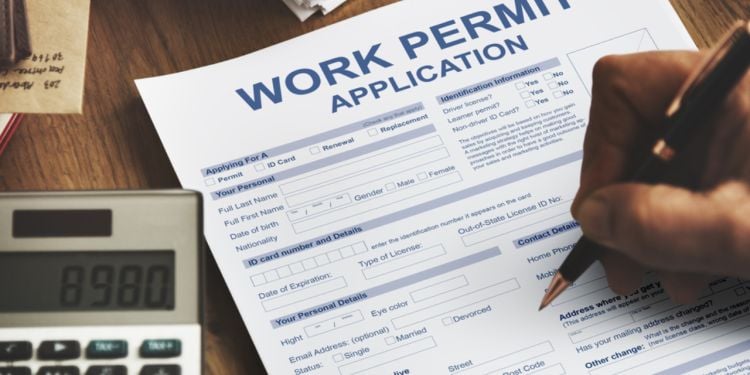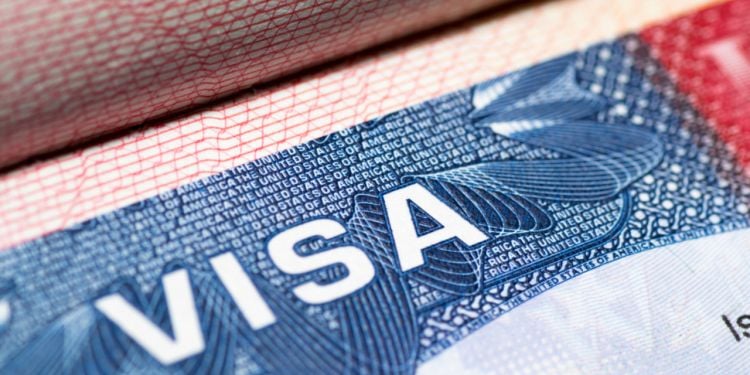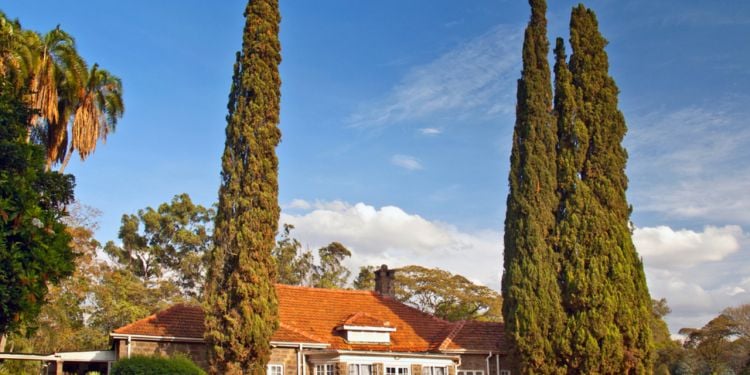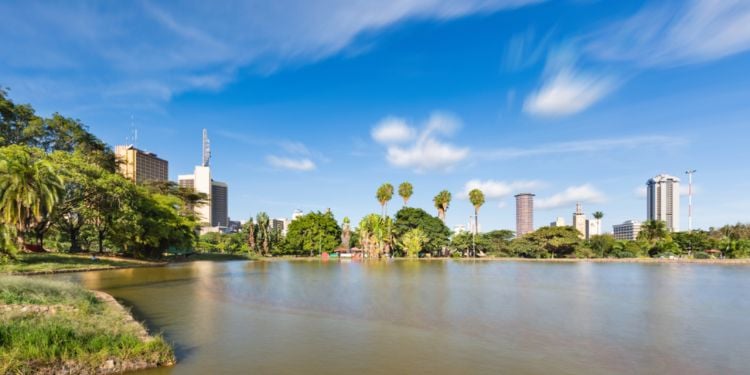Living in Kenya: the ultimate expat guide
Everything you need to know for a successful life in Kenya.
Bordered by the Indian Ocean, Kenya is an East African country enjoying a diverse climate, varying from one region to another. It has already attracted many foreign professionals over the years due to its developed tertiary sector.
Kenya's economy greatly relies on trade, transports, communication and teaching, which are promising fields for expatriates in terms of employment.
History & Politics
Kenya gained independence in 1963, after centuries of colonial governance under Islamic, Portuguese, and British rule. It is known formally as the Republic of Kenya, and is also part of the British Commonwealth.
Kenya operates as a presidential representative democracy, with a multi-party system and three branches of government: legislative, judiciary, and executive. The country has seen changes in recent years, notably with a new Constitution passed in 2010. However, it has remained stable since the country's independence, despite some political and governmental scandals and turmoils. Elections in Kenya are generally considered to be free and fair by outside observers.
Economy
Kenya has a growing economy and currently ranks 9th in Africa in national GDP. The Kenyan economy is an African hub for finance, transport, and communications, and is considered an emerging world market. This is due to an increase in Nigeria's middle class, and government initiatives to increase trade and business in the country.
The main industries of Kenya include manufacturing, agriculture (including forestry and fishing), tourism, finance, and the service industry. Kenya, particularly Nairobi, is an important financial centre in Africa and is home to the Nairobi Stock Exchange and over 40 local and internationally owned banks. In recent years, as in many other countries, Kenya has increasingly become urbanised, with workers moving to large cities in search of employment.
Population
Kenya has an estimated population of 51.3 million. However, due to the country's huge land mass, it actually has a very sparse population per square kilometre. Many expats may find themselves in one of Kenya's largest cities, including Nairobi, Mombasa, or Kisumu, or they may find themselves relocating to a remote community or village, depending on their type of work. Your experience in the country and way of life may vary, depending on where you are located.
The primary languages spoken in Kenya are English and Swahili, as well as some local dialects, including Kikuyu and Luhya. However, English is the most common language in the country and is used in education, business, and the media, so English-speaking expats should have no problems communicating.
Climate
Due to Kenya's vast geographical size, the country is broken into three climate regions. The north is generally very hot, arid, and dry, while the coastal areas are also hot, but with humidity. In the west and south-west, the climate is more temperate, and the landscape is mountainous. Kenya is situated very close to the equator but falls within the Southern Hemisphere. Nairobi's temperatures are fairly consistent throughout the year, with average highs of 22-26 C, and lows of 13-16 C.
Generalities
Get an overview of living in Kenya with general information to discover the destination.
Formalities
Find out more on visas, passports and entry requirements to travel to Kenya.
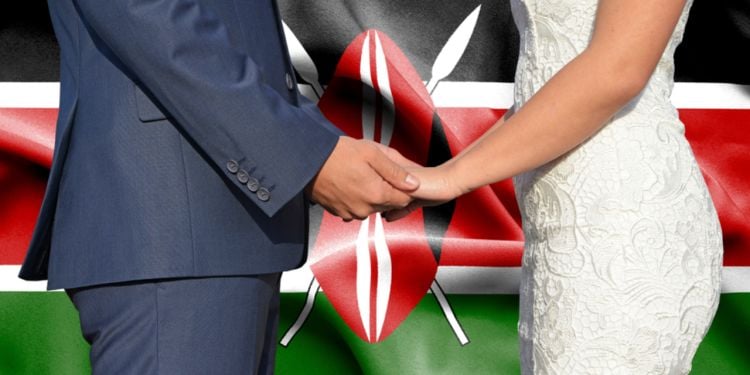
Marriage in Kenya
If you are planning a marriage in Kenya, the Registrar of Marriages in Nairobi is the best starting point for information and current requirements. ...
Visas
All you need to know on work visas, work permits, working holiday visas and residence permits to live and work in Kenya.
Work
Dive into the Kenya labour market, legal framework and tips on how to find a job in Kenya.

Working in Kenya
Expat workers in Kenya may find the business culture and way of working slightly different than ...

Setting up a business in Kenya
Kenya attracts much attention from international investors, thanks to its high GDP, its position as ...

Jobs in Kenya
Discover professional opportunities in Kenya and boost your career.
Accommodation
Explore real estate or temporary rentals in Kenya. Find out more about renting or buying a house or a flat, real estate agents, leases and rental agreements.
Study
Universities, training courses, student visas, registration procedures: all you need to know about being an international student in Kenya.

Study in Kenya
Kenya has a strong university system, offering a range of courses and degrees. The country attracts international students from East Africa as well ...
Health care
Understanding the healthcare system in Kenya: public and private health system, health insurance...
Bank
Navigate the banking system in Kenya: how to choose a bank and open a bank account.
Tax
All you need to know about income tax, the tax system and filing your taxes as an expat in Kenya.
Transport
From public transports to renting or buying a car, explore the best options to getting around in Kenya.
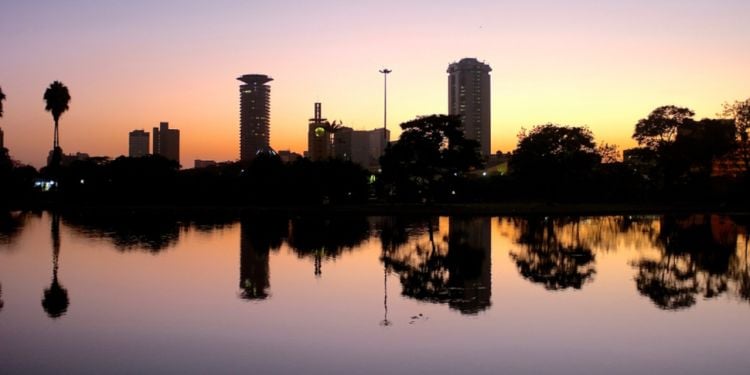
Travelling around Kenya
Kenya is a huge country of over 580,000 square kilometres, so it is important to understand the best ways to travel throughout the country. Kenya is ...
Driving
Essential information on driving requirements in Kenya, driver's license exchange and international permits.

Driving in Kenya
Expats are legally able to drive in Kenya, but will find many challenges, including high accident rates and road safety. Although many expats prefer ...
Removal
Moving to Kenya? Find useful information and tips to organize your move.
Communications
Internet and phone providers, plans, and everything you need to stay connected in Kenya.
Leisure
Sports, leisure, culture and other activities expats can enjoy in their spare time in Kenya.
Everyday life
Eager to discover what life in Kenya looks like? Here's a taste.

Childcare and education in Kenya
Kenya provides a public school system, as well as both private and international schools. Although education is highly regarded in Kenya, the public ...
Articles from the magazine

Protests and deaths following Kenya's Finance Bill raise international concern
The latest tax reform in Kenya has sparked intense protests and unrest. The BBC and France 24 report that at least 39 people were killed during the protests, while local news outlets say the death toll rose to 19 people. The situation has escalated and is drawing international attention and concern.

A Kenyan-Texan family
My name is Rachel. I am from all over Texas in the US. I am now living in a town on the coast in Kenya, called Kilifi.

Frances in Nairobi: "It's an extremely exciting place to live at the moment with a tech boom"
With her husband in love with East Africa, Frances decided to leave England for Tanzania. Now, she is living in Nairobi, Kenya's capital city. She gives us her feelings about how's expat life is in this beautiful country.
Going to highschool in Africa: A young Costa Rican blogger in Kenya
We have always given the floor to adults, but never to teenagers. She is in high school, she can't buy alcohol or cigarettes and yet, Adri, 17, has already lived abroad over some years, and seen more countries than many adults. In January 2016, she moved with her parents to Kenya, and discovered Africa for the first time. She shares with Expat.com her thoughts about being an expat and a teenager in Kenya.
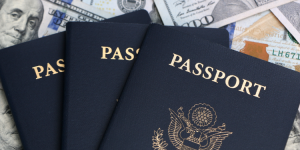
Countries that offer residence by investment
Many popular expat destinations have recently ended or restricted their Golden Visa programs, which were often criticized. However, several countries still use these programs to attract affluent foreigners. In 2025, what are the available investment programs? Can one immigrate with their family through these programs?

UK tax reform: How it affects expats
The British tax reform took effect on April 6, 2025. Notable changes include the elimination of the "non-domiciled" status and an overhaul of the inheritance tax system.

How does remote work impact professional integration?
Lately, many large companies have considered ending or significantly cutting back on remote work. This has met with pushback from employees who have adapted their lives to work from home. How can businesses balance the needs of expatriates, facilitate their professional integration, and still accommodate remote work? How does remote working impact foreign employees' connection to their company?

US travel restrictions: Essential tips for foreign residents
Should temporary and permanent residents be concerned? US Vice President J.D. Vance's recent remark that the privilege of staying in the United States isn't "unlimited" for green card holders has sparked widespread concern. With immigration laws becoming stricter following President Trump's re-election, even immigration experts are treading carefully. These stricter regulations impact both documented and undocumented immigrants.

